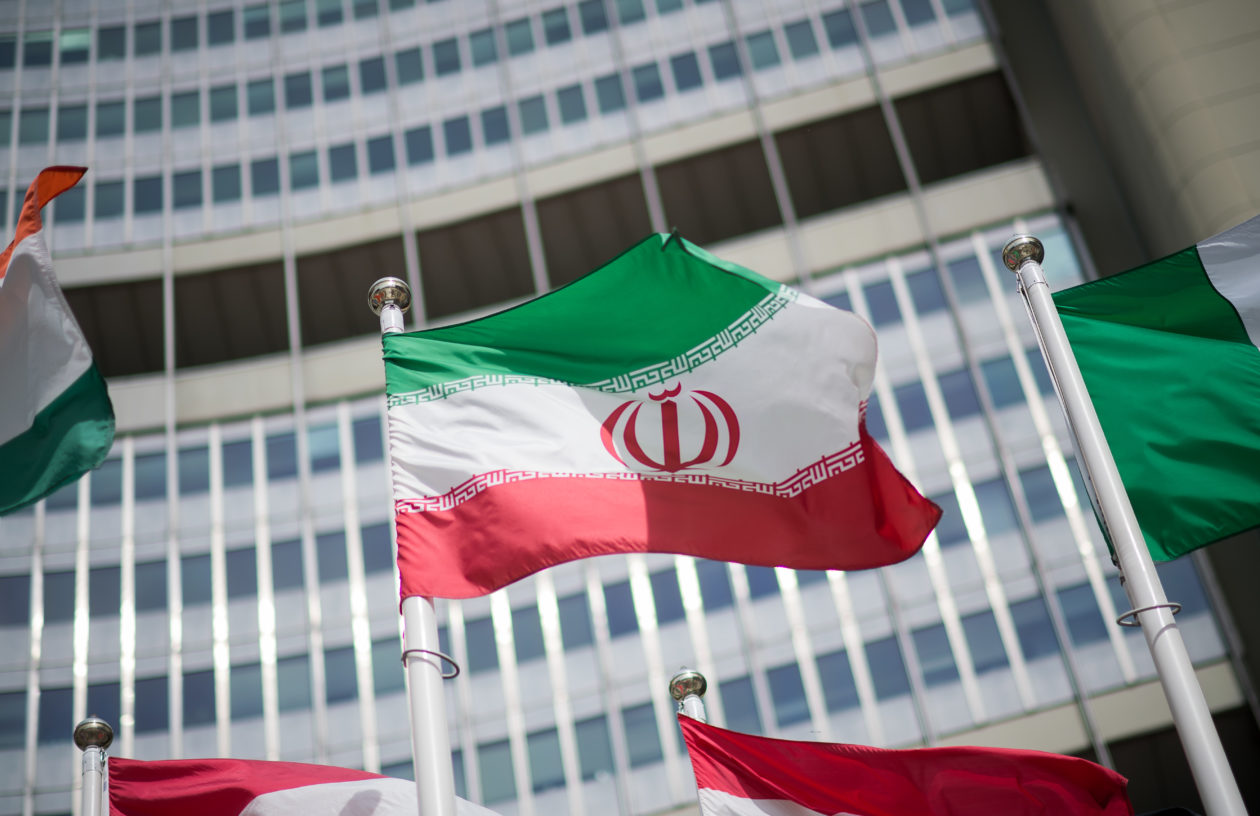In a position seemingly at odds with the remainder of the country’s government, the Iranian National Tax Authority has proposed legalizing digital asset exchanges in order to better collect tax from them, according to local media outlet Eghtesad News.
Fast facts
- The INTA also warned that imposing overly stringent regulation on the sector could have a “reverse effect” and lead to the emergence of black markets. An excerpt of the proposed law quoted by Eghtesad News said: “Legalizing crypto exchanges is necessary [for levying tax]. Legal operations must be limited to authorized exchanges that are allowed to convert currency while keeping track of transactions.”
- Three separate tax regimes have been proposed for crypto exchanges: a capital gains tax, a fixed base tax and an occupational tax. The proposal also set a cap on transactions with decentralized exchanges in alignment with anti-money laundering regulations.
- Iran’s government has not been amenable to the crypto industry of late. A ban on crypto mining has been in place since May and is set to continue until Sept. 22. The ban on the power-intensive practice was put in place to help address power shortages in the country as many cities have seen widespread protests against ongoing blackouts.
- In June, the Iran Blockchain Association was suspended over alleged breaches of government regulations and its own articles of association. The self-regulating body was ordered to submit detailed financial reports to the government to reveal more about its dealings with various crypto exchanges.
- A recent study by the Tehran Chamber of Commerce, Industries & Mining showed that an estimated 12 million of Iran’s almost 83 million people had invested in cryptocurrency.





